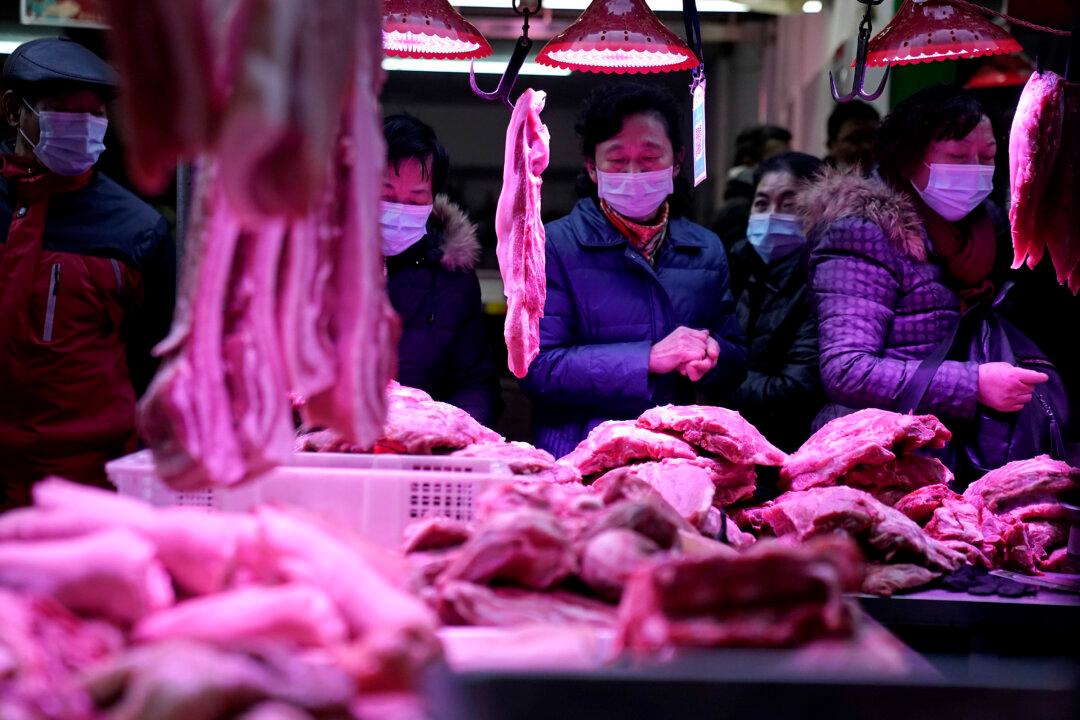Olympic athletes must “exercise extreme caution” as they eat Chinese meat, which can be contaminated with the prohibited substance clenbuterol, the World Anti-Doping Agency (WADA) warned last week.
A WADA spokesperson said its guidelines for traveling athletes “only to eat at places given the all-clear by event organizers” in countries such as China remained in place, Olympic news website Inside the Games reported.




